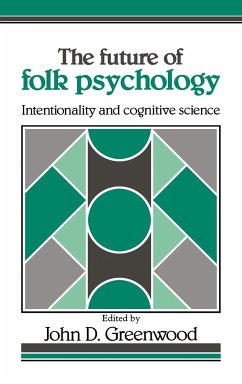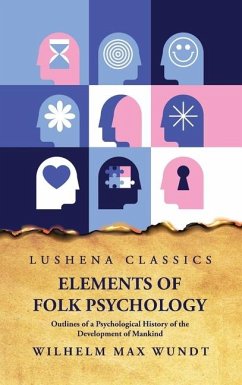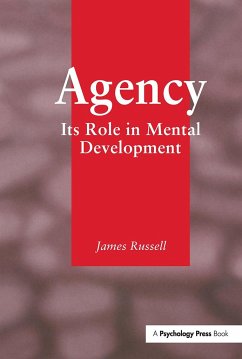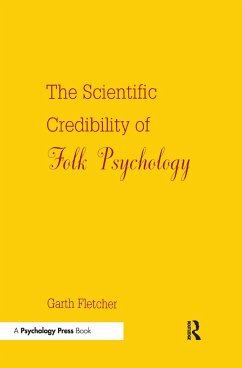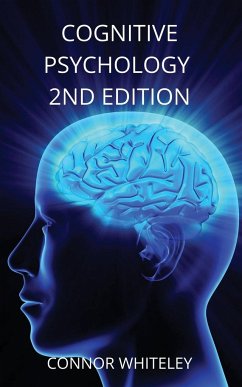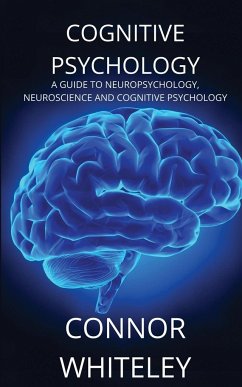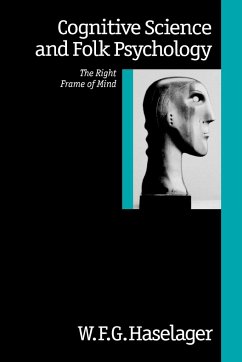
Cognitive Science and Folk Psychology
The Right Frame of Mind
Versandkostenfrei!
Versandfertig in 1-2 Wochen
61,99 €
inkl. MwSt.

PAYBACK Punkte
31 °P sammeln!
`Folk Psychology' - our everyday talk of beliefs, desires and mental events - has long been compared with the technical language of `Cognitive Science'. Does folk psychology provide a correct account of the mental causes of our behaviour, or must our everyday terms ultimately be replaced by a language developed from computational models and neurobiology? This broad-ranging book addresses these questions, which lie at the heart of psychology and philosophy. Providing a critical overview of the key literature in the field, including the seminal work of Fodor and Churchland, the author explores t...
`Folk Psychology' - our everyday talk of beliefs, desires and mental events - has long been compared with the technical language of `Cognitive Science'. Does folk psychology provide a correct account of the mental causes of our behaviour, or must our everyday terms ultimately be replaced by a language developed from computational models and neurobiology? This broad-ranging book addresses these questions, which lie at the heart of psychology and philosophy. Providing a critical overview of the key literature in the field, including the seminal work of Fodor and Churchland, the author explores the classic `Frame Problem' and assesses the future prospects of cognitive science. The scope of the frame problem, touching on connectionism, non-demonstrative reasoning, representationalism and the language of thought, questions the very possibility of a truly artificial intelligence.









